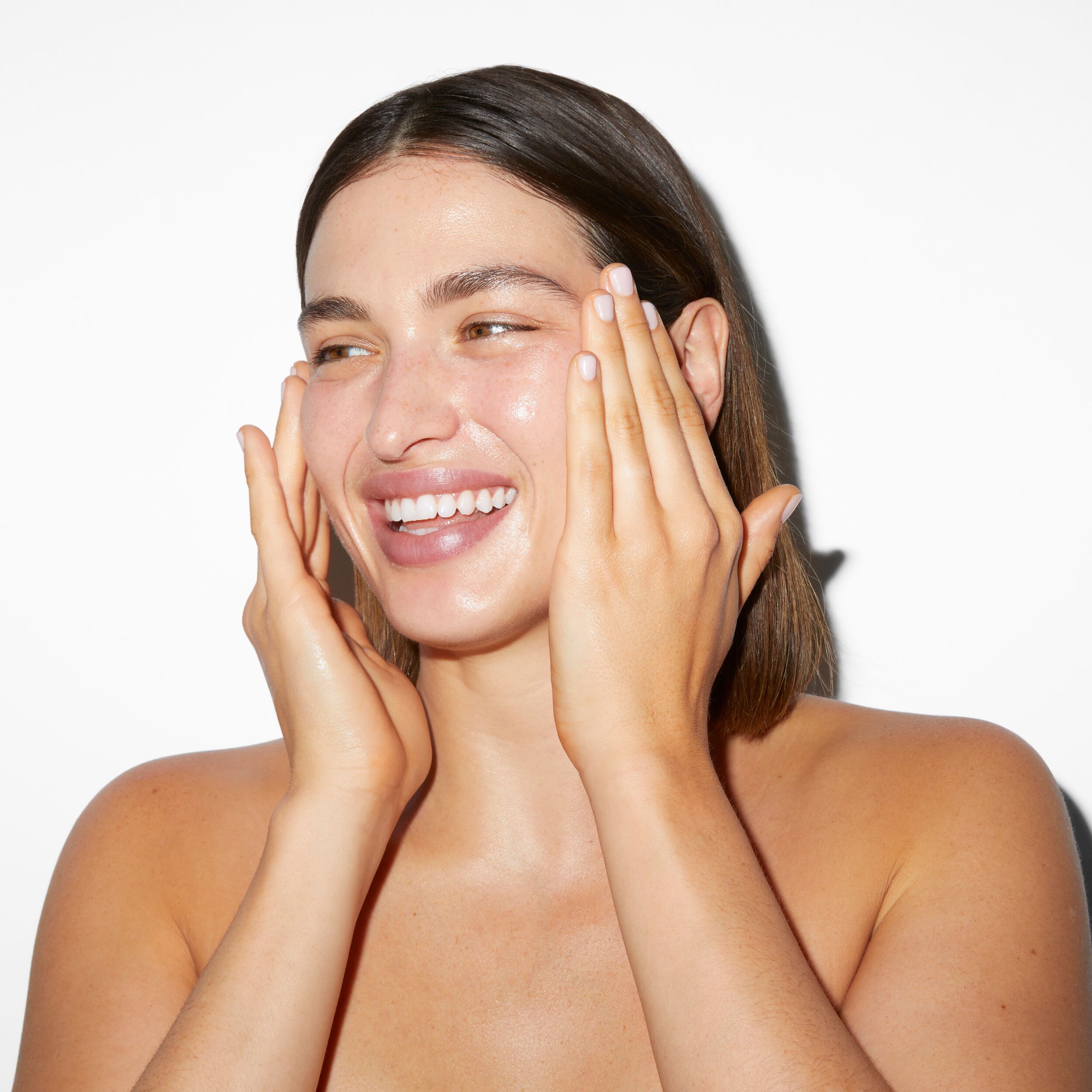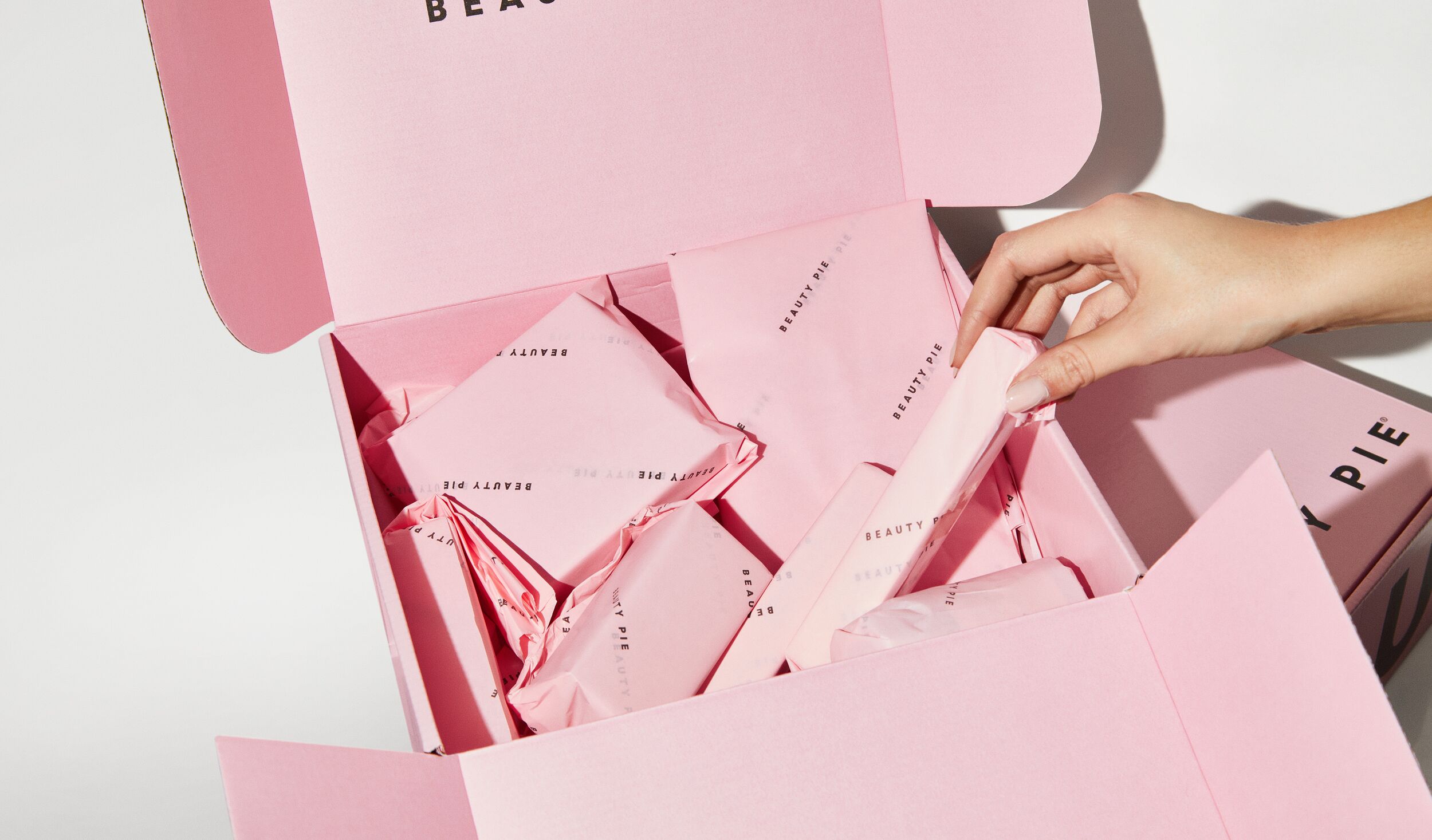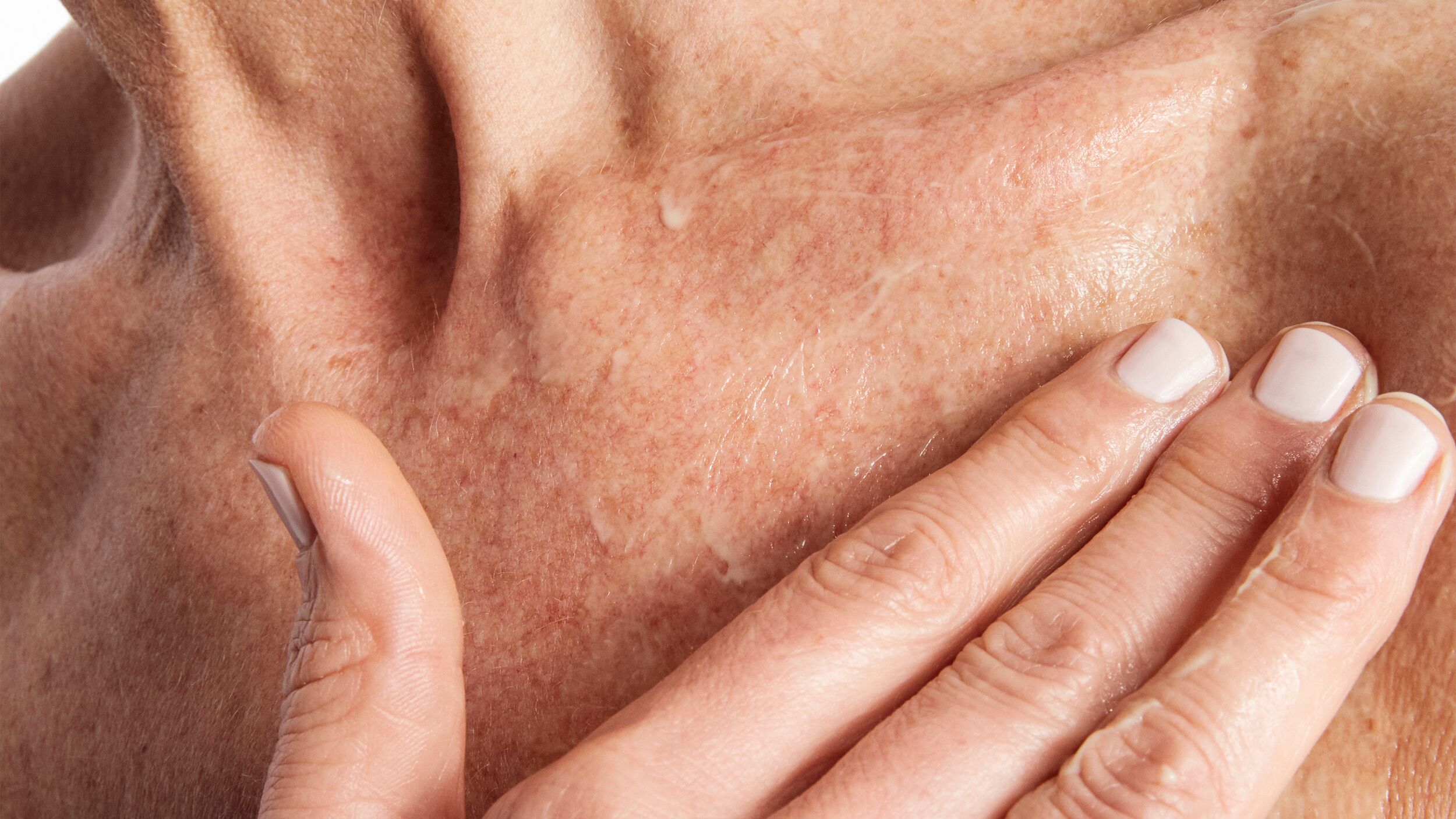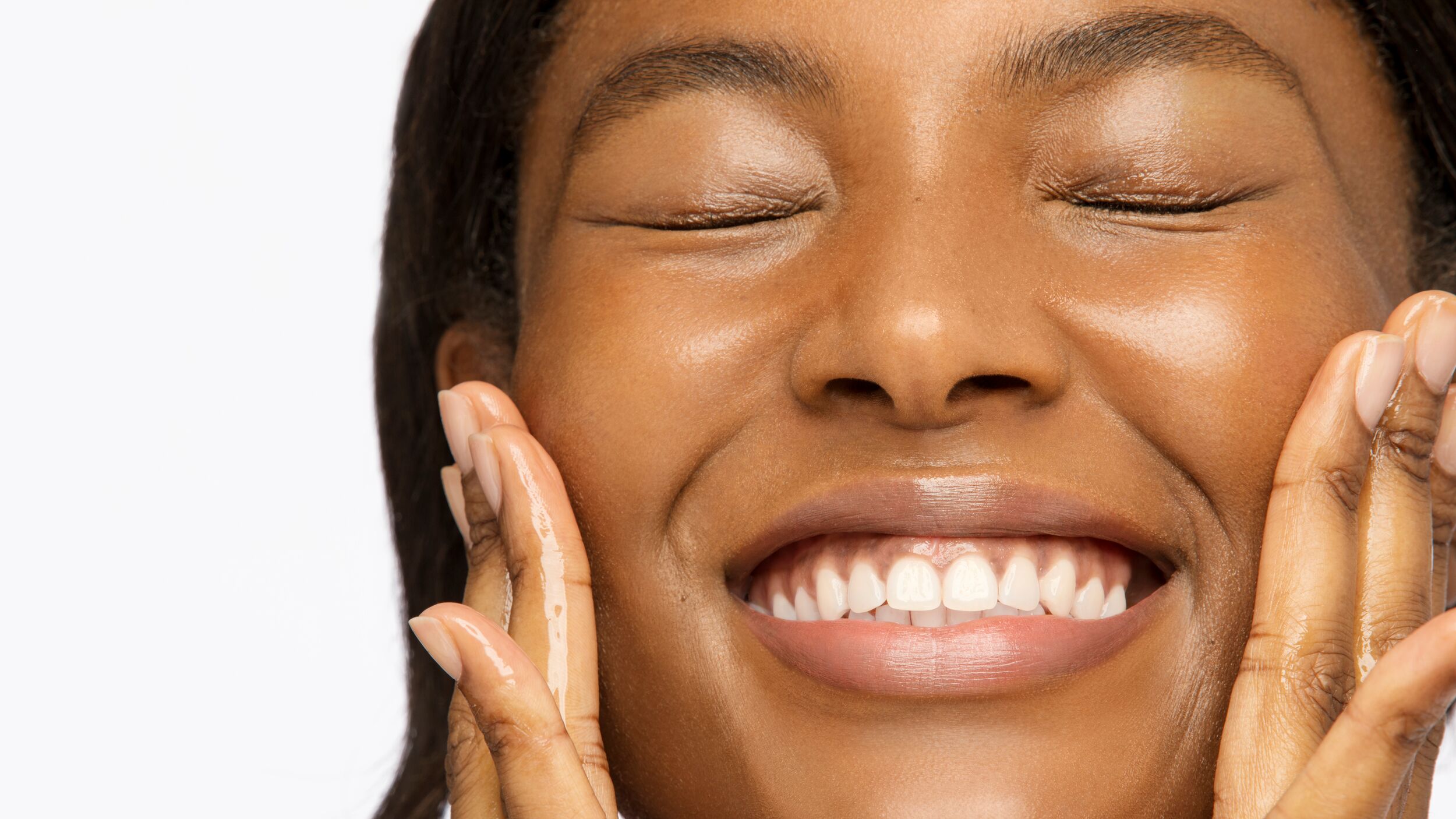
Overwhelmed by choice when it comes to choosing a moisturiser? Let our expert guide help you ‘lift the lid’ on what really works.
Whether your skincare routine is an elaborate 12-stepper or a pared-back two-piece, we’re willing to guess that moisturiser (along with a cleanser) will be the common ground. Moisturiser is the cornerstone of any skincare regime and is an important step to keep the skin functioning at its best.
First: know what you’re dealing with.
It sounds obvious, but it’s good to remember what role a moisturiser plays in your skincare routine. It may be that you’re really looking for can be found partly in your day cream, but also in other products, like serums, scrubs or masks.
There are two key benefits of a moisturiser. The first is that it acts as an extra barrier on top of the skin. Our skin is pretty good at taking care of itself and has a structure that’s designed to keep water in the skin. The problem is that our environment, with things like sun exposure and pollution, can compromise this natural barrier and allow much-needed moisture to escape through the cracks. Think of your twice-daily layer of moisturiser as an extra seal or top coat, helping to hold onto hydration.
The second role of moisturiser is (as the name kind of gives away) to moisturise the skin. If the skin is short on water then it won’t be able to function at its best, and you’ll notice side effects like itching, tightness, and dullness – none of which are words we want to associate with our complexions. A good moisturiser will help to replenish lost moisture so that skin has everything it needs to do its job.
There are two key benefits of a moisturiser. The first is that it acts as an extra barrier on top of the skin... The second role of moisturiser is (as the name kind of gives away) to moisturise the skin.
Some moisturisers go beyond acting as a barrier and moisturising the skin and have been formulated with particular active ingredients for extra skin-boosting benefits. They could contain things like peptides to help plump and rejuvenate slackening skin or Vitamin C to brighten lackluster complexions.
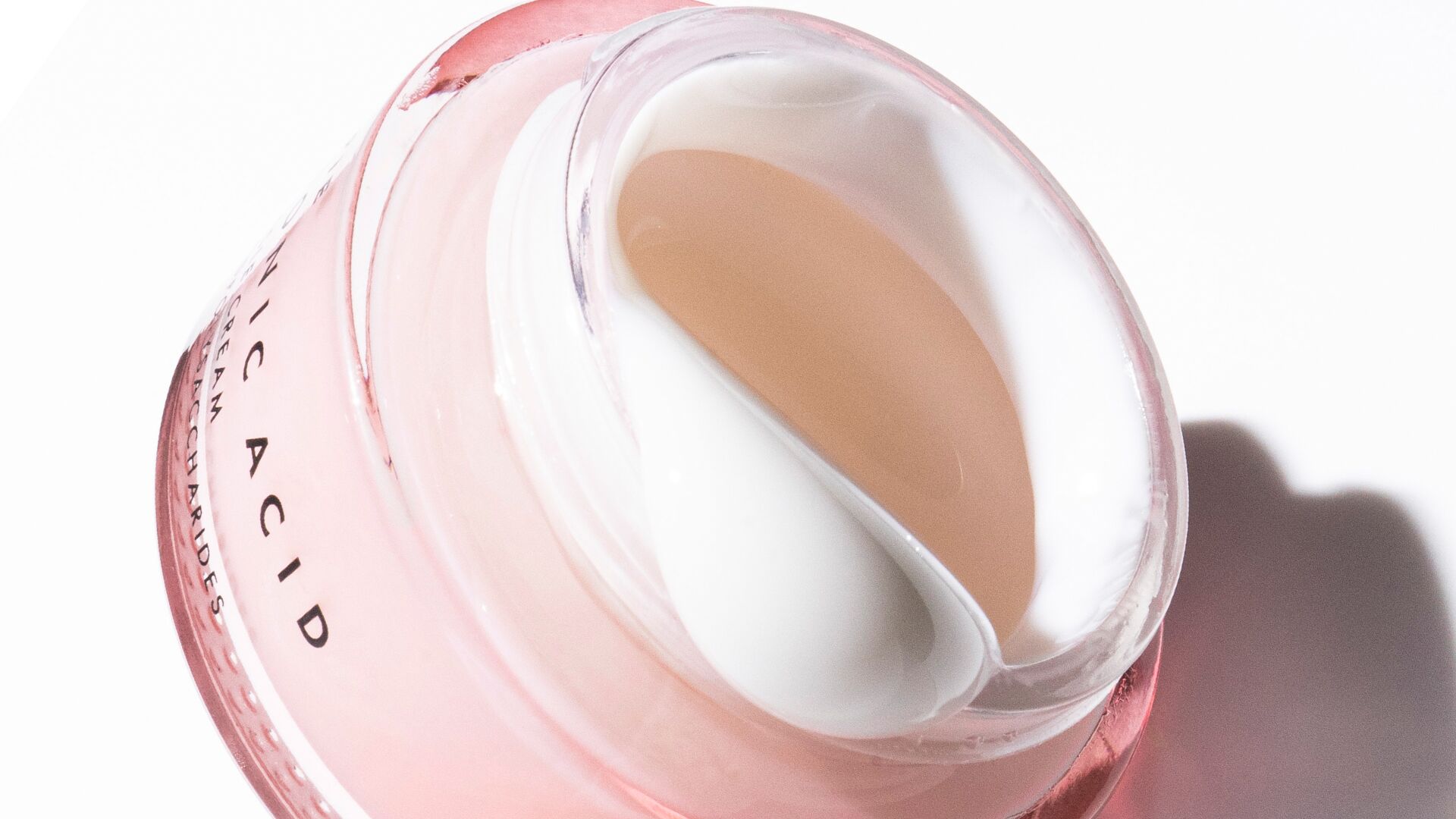
Second: know why you’re using it.
A lot of people wonder about the difference between moisturisers and serums, and whether they do the same job. In fact, Serums and moisturisers can play completely different roles in your skincare routine. Serums generally contain the highest concentration of active ingredients in your skincare routine and are your opportunity to target and treat specific concerns like fine lines, hyperpigmentation, or breakouts. Some serums can be focused on adding hydration and moisture to the skin, but not all will.
Even if you are using a hydrating serum you’ll still want to top it with a moisturiser to lock that water in. Serums are thinner and lighter than moisturisers and are normally watery or oily in texture. Moisturisers are heavier and contain ingredients called emollients which cover the skin in a protective film and seal in all that serum-ey goodness.
Three: decide which kinds of textures you like.
Moisturisers can vary in texture depending on their key ingredients. The most common textures are:
Cream
Gel
Balm
Jelly
Mousse
Then, decide what you need.
We’ve broken down our guide into the six major skin types. (If you’re not sure which you are, you could always take our quiz).
Q: What is the best kind of moisturiser for dry and dehydrated skin?
Let’s quickly break down the difference between dry and dehydrated skin. Dry skin is lacking in oil, whereas dehydrated skin is short on water. Just like oily, combination and normal, dry skin is a skin type, which means it’s predetermined by your genes and doesn’t change depending on lifestyle factors and your environment. Dehydrated skin on the other hand is a short-term skin condition that can impact any skin type. So, for example, your skin could be oily and dehydrated all at once.
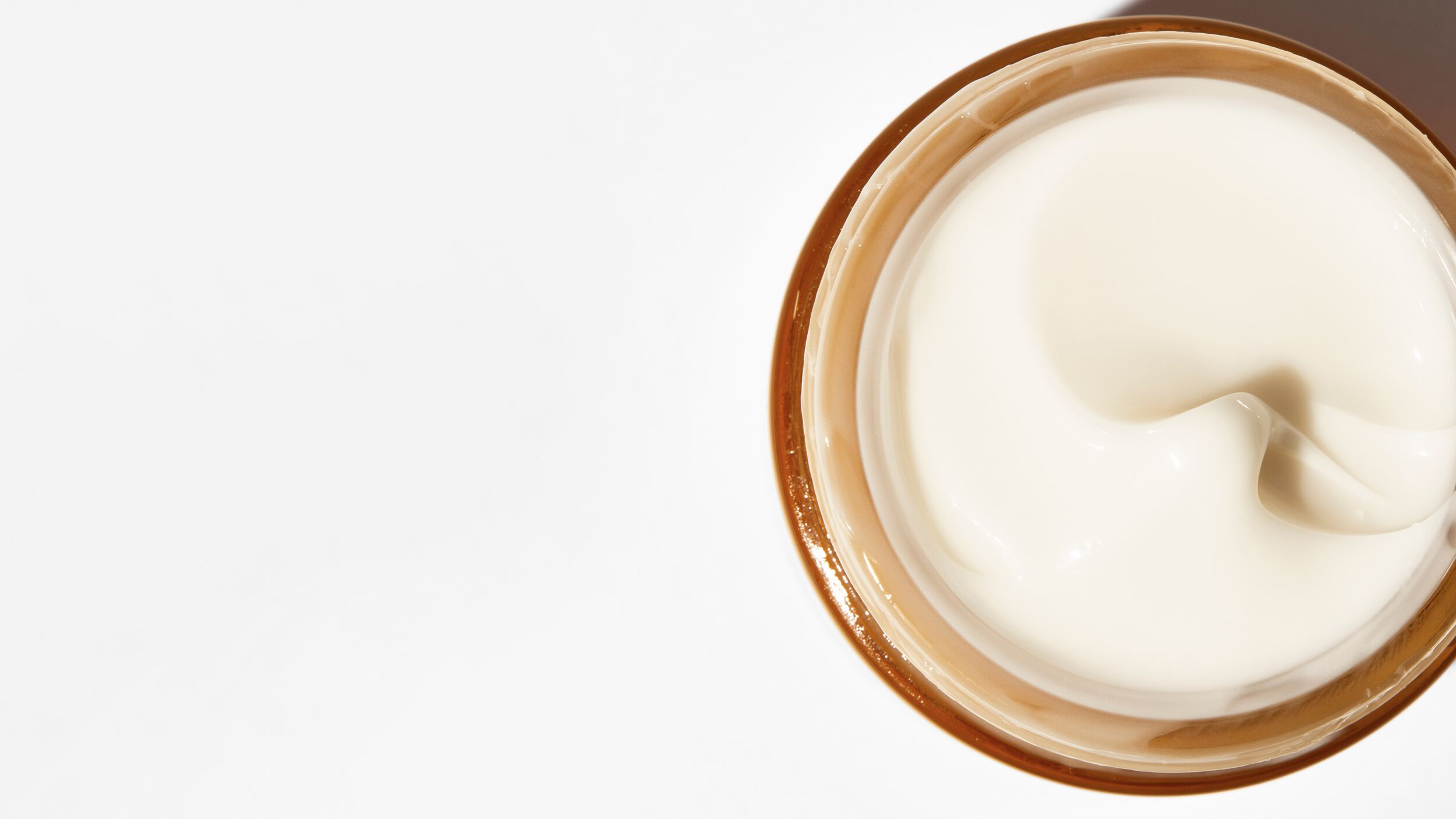
If your skin is dehydrated, you want to focus on getting water into your skin to quench its thirst. Glycerin and Hyaluronic Acid are part of a family of ingredients called humectants and work to draw water into the skin and hold it there. The best texture for your hydrating moisturiser will vary depending on your skin type, as the oilier the skin is, the lighter you’ll want it to be.
If your skin is dry, the focus is on making sure you’re making up for a natural lack of oil. Occulsives like oils and butters are dry skin’s best friend. They create an even heavier barrier than emollients do on the skin and help it to retain moisture and keep unwanted visitors like pollution and grime out. To spot them on the INCI list, look out for ingredients like shea butter and seed oils. Moisturisers for dry skin tend to be thick, comforting, and duvet-like in texture. They might be a little greasy too, but your complexion will lap it up.
Q: What is the best kind of moisturiser for treating fine lines and wrinkles?
If fine lines and wrinkles are high on your skincare hit list, it makes sense to try and tackle them at every stage of your routine. In this case, you’ll want to be using a moisturiser with active ingredients aimed at plumping and smoothing them.
Hyaluronic Acid is your ultimate quick fix, flooding skin with moisture to instantly fill and lessen the appearance of lines. Think of it like a wrinkly raisin versus the smooth, plump outer of a grape. For long-term smoothing, look to ingredients that encourage and support the production of skin-structuring proteins Collagen and elastin. Retinol is the most widely studied wrinkle-busting ingredient and works to speed up cell turnover and kick-start Collagen and elastin production. Peptides also give the production of these important proteins a boost, with the added benefit of being suitable for even sensitive skin. Retinol is a PM-only ingredient, whereas Peptides can be used any time of day.
Speaking of daytime – you may also want to consider Vitamin C. It’s an antioxidant that helps to prevent the collagen and elastin you already have in your skin from being damaged by environmental stressors. Vitamin C also plays a key role in the making of new Collagen.
Q: What is the best kind of moisturiser for oily and acne-prone skin?
Spots form when oil and old skin cells combine to block a pore, and therefore you want any moisturiser you use to be non-comedogenic – which means non-pore blocking. You also don’t want to add any extra oil into the mix, as this will only make skin feel greasier and increase the chance of congestion.
That being said, moisturiser remains really important for oily and blemish-prone complexions. If you are too sparing, or forgo it altogether, this will dehydrate the skin, and it’ll start making even more oil to compensate. A moisturiser that’s lightweight and hydrating is best. If you’re really suffering from acne flare-ups, you might want to switch to one for sensitive skin until your skin feels calmer.
Q: What is the best kind of moisturiser for sensitive skin?
Sensitive skin is easily irritated and prone to things like redness, itching, stinging, and burning. It’s a sliding scale, which can range from mild tingling to not even being able to wash your face with water without feeling like it’s on fire. Skin conditions like rosacea and psoriasis are often put under the umbrella of sensitive skin too. To try and restore balance and keep the skin happy, you want to choose a moisturiser that is pretty simple, with soothing ingredients that will calm and balance the skin. Fragrance is a known irritant, so stick to fragrance-free.
Cica, which comes from a plant called Centella Asiatica, is an amazing ingredient for sensitive skin. It is also known as Tiger Grass, and picked up this nickname after people started noticing that wild tigers were rolling in the plant to soothe their wounds. Obviously, we’re not talking dinner-time battle wounds here, but Cica’s calming properties very much translate to stressed, sensitive skin too.
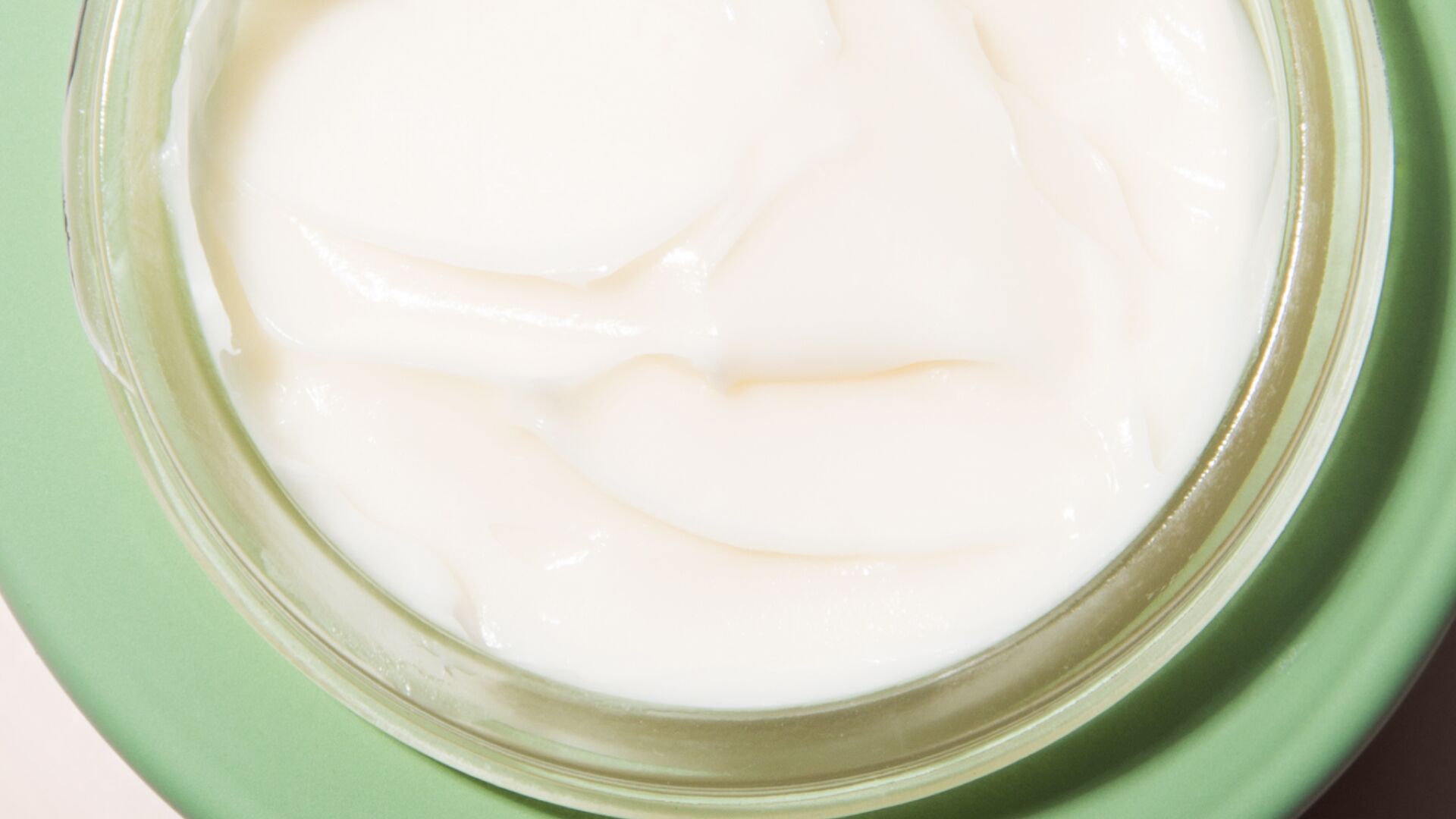
Q: What is the best kind of moisturiser for dull, tired, and lackluster skin?
Our skin is like a constantly moving conveyor belt of cells, pushing old ones off to make way for the shiny new ones underneath. Water is part of the fuel for this process, and if we’re dehydrated then it starts to slow, meaning older cells stay on the surface for longer. This can leave skin looking dull, tired, and a bit meh. In the same way that a big glass of water can really pep you up, a moisturiser with hydrating ingredients like Hyaluronic Acid and Glycerin will reboot the skin so it functions at its best.
Vitamin C is also brilliant for brightening dull skin. One of the ways it does this is by helping to fade hyperpigmentation, which makes for a more even skin tone. The more even your skin tone is, the better it is at reflecting light so your complexion appears fresher and more radiant.
Q: What is the best kind of moisturiser for normal skin?
If you don’t have any pressing skin concerns you can choose your moisturiser by how it feels on your skin, and depending on the texture and scents that you like. Remember though that prevention is always better than cure, and it won’t hurt to get ahead of the game with anti-aging ingredients like Peptides and Retinol in your moisturiser. The same goes for Vitamin C, as the more you’re protecting your skin from the environment, the less likely you are to need to develop any bugbears later on.
